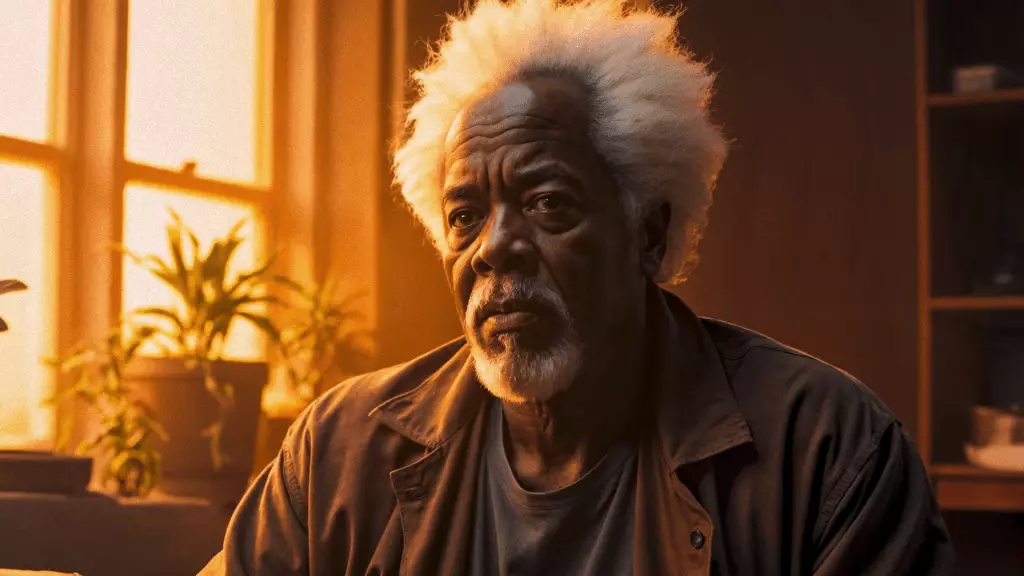The emergence of AI-driven film production heralds a paradigm shift that extends beyond mere technological novelty; it challenges the very foundations of artistic expression. Wonder Studios’ groundbreaking release, *Memory Maker*, exemplifies this evolution. Unlike traditional filmmaking, where resource constraints and logistical complexities often dictate creative choices, AI-enabled studios harness the power of machine intelligence to unlock fresh storytelling horizons. This shift demands a critical reevaluation of what constitutes craftsmanship in cinema. Does reliance on AI jeopardize authentic human emotion, or does it simply forge new pathways for cinematic innovation? My stance is clear: AI, when wielded creatively and responsibly, expands our capacity to tell profound stories and democratizes the art form, making it accessible beyond traditional gatekeepers.
The Promise and Perils of AI-Generated Content
At its core, *Memory Maker* showcases AI’s ability to generate authentic-looking characters and environments without the high costs associated with conventional visual effects and post-production. The film’s characters, dialogues, and visuals are entirely crafted by AI, an achievement that not only accelerates production timelines but also enables iterative experimentation that was once impossible. While this technological feat is impressive, it raises fundamental questions about authorship, authenticity, and emotional depth. Can AI truly replicate the nuanced subtleties that human performers bring to storytelling? I contend that although AI can generate convincing facsimiles, the emotional resonance of human experience remains elusive for machines. Nonetheless, AI’s strength lies in its role as an augmentative tool—liberating creators from technical limitations so they can focus on narrative profundity and emotional authenticity.
Lower Barriers, Greater Diversity in Filmmaking
One of the most compelling advantages of AI-centric studios is the democratization of content creation. Traditionally, filmmaking has been an expensive venture, often favoring those with substantial resources. Wonder Studios’ philosophy emphasizes that “the barrier to entry is now creative vision, not budget.” This resonates deeply with the ongoing conversation about inclusivity in storytelling. AI tools empower independent creators, marginalized voices, and emerging artists to produce professional-grade content without the need for massive budgets or access to elite studios. As an advocate for diversity in media, I view this development as a potent catalyst for broadening narratives that reflect the multifaceted human experience. However, this democratization must be accompanied by ethical standards and vigilance to prevent homogenization or misuse of AI-generated content.
Technological Innovations as Artistic Extensions
The collaboration of multiple AI companies—elevenLabs, fal, Freepik, and Kling AI—illustrates a complex ecosystem where technological tools are seamlessly integrated into the creative process. ElevenLabs’ advanced voice synthesis, for instance, allows dialogue that feels natural and linguistically diverse, effectively breaking down language barriers. Kling AI’s cinematic-grade video capabilities elevate visual storytelling to a new level of realism. This interconnectivity signifies that AI is no longer a mere assistive technology but an extension of the artist’s toolkit. I believe that such innovations will redefine the art of storytelling, leading to hyper-personalized, immersive experiences that satisfy an increasingly sophisticated audience. Yet, we must remain cautious about the ethical implications—issues like intellectual property rights, representation, and potential misuse demand vigilant oversight.
The Cultural Impact and Future Possibilities
*Memory Maker* is but the first iteration of a broader movement toward AI-infused entertainment. The series’ anthology format, with each episode helmed by different creators, signifies a willingness to experiment across styles and genres, rooted in AI’s adaptability. This approach not only pushes creative boundaries but also encourages a cultural dialogue about the role of technology in our stories. As someone deeply invested in artistic innovation, I believe this revolution will lead to a more participatory and inclusive entertainment landscape. However, what remains to be seen is whether AI can truly capture the intricate layers of human emotion, moral dilemmas, and cultural nuances that define meaningful storytelling. For now, AI acts as a powerful enabler—and with responsible stewardship, it can become a transformative force shaping the future of cinema and beyond.
